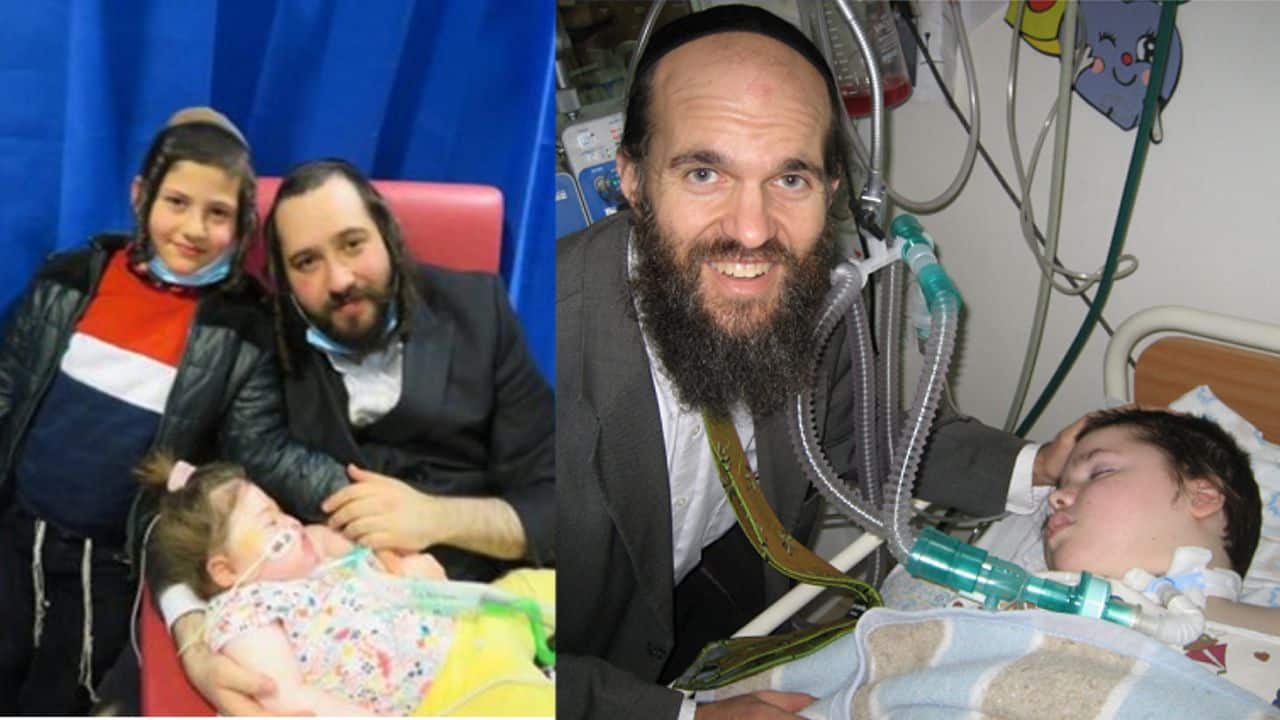Consequences from Lack of Divine Fear
In this week’s parsha, “Vayeira”, Abraham and his wife Sarah go to the land where Abimelech is king. Abraham says that this woman is his sister, but the king still snatches her with the intention of making her his wife. G-d punishes Abimelech and everyone in his palace, until Abraham intercedes and prays on behalf of Abimelech. “Why did you do this (not be honest about your wife) to me?” Abimelech asks, to which Abraham replies, “Because there is no fear of G-d in this place, and you would come to kill me.”
On the surface, we see King Abimelech abducting another person, and then blaming someone else for it. When you read deeper, you find that Sarah actually told him that she was a married woman and therefore could not marry him, but the king apparently decided to ignore that information, and just rely on the first statements (Sarah said, “he is my brother” and Abraham said, “She is my sister.”)
Abimelech then calls himself and his entourage “righteous” and takes offense that G-d would actually kill him!
Rabbi YY Rubinstein’s teacher, Rav Alter Halprin, escaped from Nazi German, and was quoted as saying, “If there is no fear of G-d, then no matter how great the society sees itself (vis-a-vis their culture, philosophy, art, etc.), inevitably the society will soon pervert, corrupt, twist and justify any perversion of truth – or any action of any type.”
Rabbi Eliyahu Dessler writes in Michtav m’Eliyahu that while societies have created systems of justice and societal norms to prevent theft and murder, the root of the evil remains intact. As such, he suggests that one should not place any trust in man or his civilization. “Beneath this mask (of civility) he continues to swindle, steal, rob and murder.”
Which brings us to today. This past week in England, a country that prides itself on its sophistication, manners, and democratic laws, just murdered a little Jewish girl named Alta Fixsler. The judge in the case gave a very sophisticated ruling, determining that the child had rights, and even though the child was born brain damaged, he knew that the child was in pain and wanted to end her own life. He also stated that while the parents were religious Jews who were against this type of action, the child was still a minor and it could not be assumed that the child wanted to be part of the Jewish religious – maybe the child at her 18th birthday would decide to join a different religion with different mores.
If you were to turn to the judge and question his ruling, he would inevitably respond that he was righteous and that he was ruling in the best interests in the child. The fact that the parents wanted to treat the child in a different country is irrelevant – and perhaps not even in the best interests of the child.
About 13 years ago there was another little girl in the USA who was on life support – until the hospital took her off. I had a discussion about this on a “news forum” and one nurse told me that she pulled the plug on several people (either doctor’s orders or family’s orders) and she was quite proud of this. She felt she would even get into Heaven because of these acts.
In both the UK and USA cases there was no “fear of G-d”. The people who murdered felt that they were doing something “righteous” – just as King Abimelech did in this week’s parsha.
In the gemora, there is a scene where one Rabbi is on his deathbed. The students ask for one last piece of advice before he moves on to the “next world”. “Just have fear of G-d!” the Rabbi said. “That’s it??” asked the students? “Halavei – if only you had that!” answered the Rabbi.
If only there was more fear of G-d in our world today.







